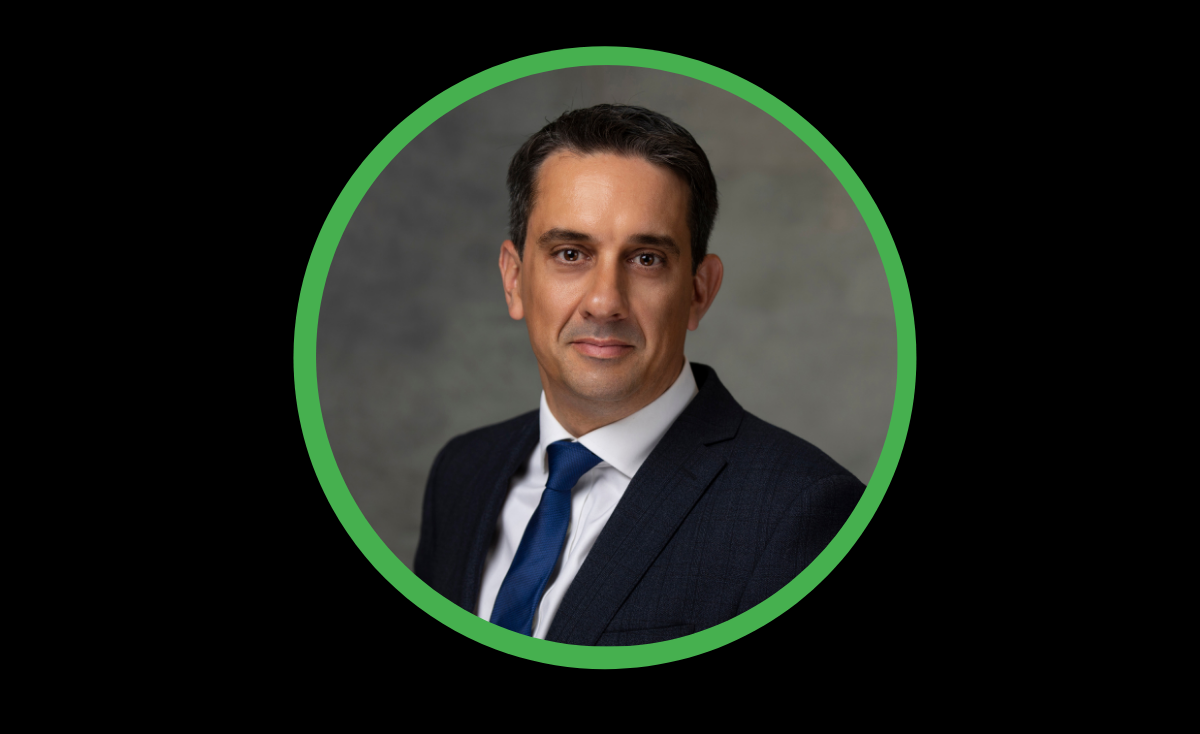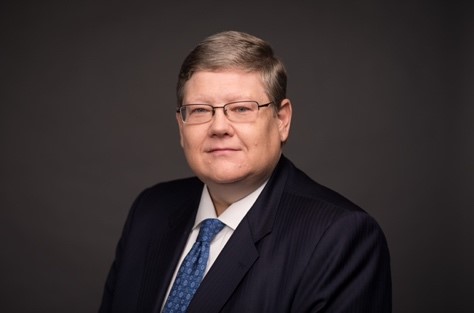 Mark Wright, Chief Operating Officer, Kimura Capital.
Mark Wright, Chief Operating Officer, Kimura Capital.
Andrew Putwain: What are the trends that you see in flexible working post-COVID-19 and how are they affecting the financial services space?
Mark Wright: At the beginning, when flexible working came around, working from home was a little bit fun, it was different, new, and everyone did their best to make it work. Everyone was in the same situation.
"In my opinion, as a Chief Operating Officer, there is a lot of inefficiencies in this hybrid style; communication is difficult, mistakes get made."
But home started to feel like work and work/life balance started to suffer. People found value in coming back to the office. We are in this hybrid phase, which, I think, is heading in the right direction.
In my opinion, as a Chief Operating Officer, there is a lot of inefficiencies in this hybrid style; communication is difficult, mistakes get made and they are harder to spot unless you are sitting next to each other, monitoring staff - from a compliance perspective - is very difficult remotely, and we are a Financial Conduct Authority (FCA) regulated company, so we have the obligation to monitor our staff.
We found that training newly hired staff is almost impossible to do remotely. Also, if you give people a good deal around working from home it creates problems within teams, as it leads to a precedent and feelings of unfairness. For me, I’m a big believer in getting back to the office, I would like to be back five days a week, a routine everyone can do - but have the flexibility because we have proven we can do it and we have that trust. I think the previous ‘Work From Home’ stigma has gone. If you trust someone in the office, you can trust them from home.
As a manager, you become comfortable that it is not going to affect the business. In the long-term trend, though, we need to get back into the office.
Andrew: Are your competitors saying the same thing?
Mark: It is quite different from what I’m hearing. A lot of the bigger companies are struggling to get staff back into the office because they have bigger offices and infrastructure, so everybody has got to be in or all out. The hybrid model seems to be harder for bigger companies, as it is a slower burn and more voluntary. Smaller companies, which thrive on close-knit culture and collaboration, are different and do want to get back in and have all their staff together.
"Because there is that level of trust involved you need to build those bonds in-person."
Andrew: Would you say face-to-face meetings are an important part of your business strategy?
Mark: It is, but not 100%. We are in the investment world, and investors trust you with their money, which we take that money and lead it into transactions with people that we are trusting them not to lose it. Because there is that level of trust involved you need to build those bonds in-person. Yes, we have done due diligence and raised funds over Zoom, but it is different from having someone in front of you and seeing the whites of someone’s eye or going for a coffee with them. Human nature means this will always continue.
Andrew: What are the biggest challenges around staff acquisition and retention in the sector today? And how do we keep these people in the industry and avoid burnout?
Mark: Attracting talent, if you don’t have endlessly deep pockets, means that you need to focus on the softer benefits around the role. A lot of people may have worked at larger institutions and been pigeonholed into a particular thing, or are tired of the bureaucracy, the committees, and the culture. Or their role has become stagnant, or they don’t have the accountability or the empowerment - or maybe they are just bored - this is the area where you can offer the antidote to them.
"Some people like the safety net of a large company, but others want that innovation."
At a smaller company, you can put them in a role where they are motivated, empowered, making decisions, getting involved with hiring, part of senior management discussions, and possibly even be part of the business ownership.
Some people, however, like the safety net of a large company, but others want that innovation, and this is what you can offer as a smaller company that a larger one can’t.
"You can retain staff with special projects at a smaller company, and by getting them in front of clients."
This, though, means that burnout is sometimes more of an issue at smaller companies, especially if do you have that accountability and that ownership, as you feel you need to work harder to deliver on that promise. This means people can get into a vicious cycle with that empowerment where you work 15 hours a day to achieve results. As a manager, you must support them, show the importance of a work/life balance, leadership, help people learn from their mistakes, and make sure they take their holidays and use their benefits.
You can retain staff with special projects at a smaller company, and by getting them in front of clients, letting them build a profile, and also doing things that they wouldn’t be able to do at a larger organisation. It is about finding out what ticks people’s boxes and giving it to them.
This is part one of the conversation, to read the next part, please click here.
Please Sign In or Register to leave a Comment.
SUBSCRIBE
Get the recent popular stories straight into your inbox







